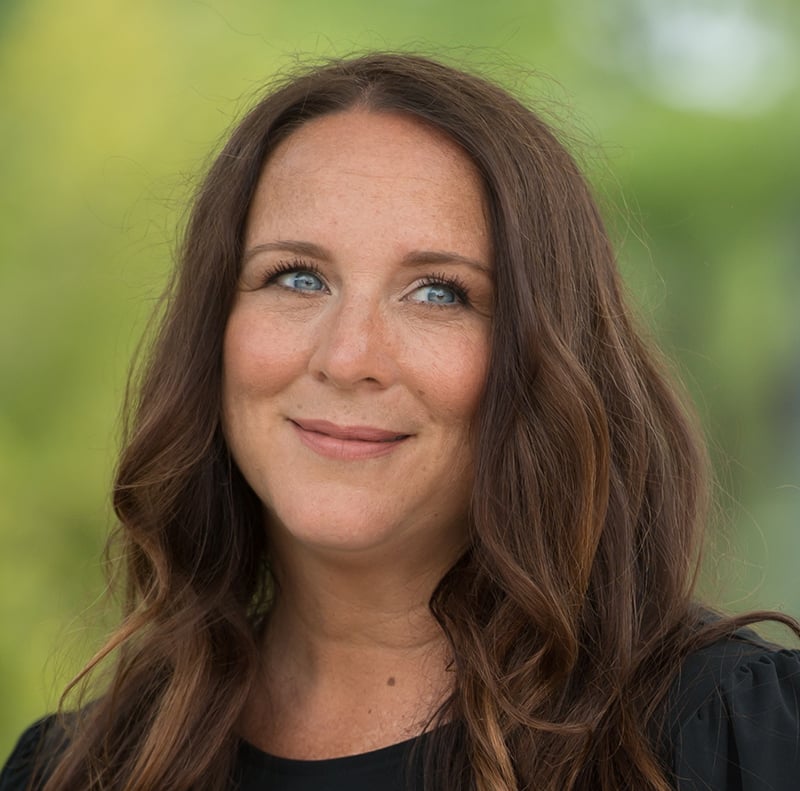How new guidelines are helping kids and teens lose weight
Fact checked by Shannon Sparks
When Juan Diego Fuentes was 11 years old, his pediatrician recommended he see an obesity specialist. He was 180 pounds with a high body mass index (BMI) and high blood pressure. His doctor suggested lifestyle modifications, such as exercise and diet, and prescribed Metformin to help curb his hunger.
“I would eat at night. I’m [also] an emotional eater, and during that time, my parents got divorced. I found comfort in food,” Fuentes says. His mom tried cooking healthier options, which Fuentes would sometimes eat and sometimes avoid.
As he reached his teen years, Fuentes developed liver disease and pre-diabetes. At 17, his doctors recommended bariatric surgery. “I weighed 270 pounds. My liver was getting worse, and they said it would die off if I waited too long,” he says.
Changing treatment guidelines
Nearly 14.7 million American children live with obesity, reports the Centers for Disease Control and Prevention.
In 2023, the American Academy of Pediatrics (AAP) unveiled new guidelines on pediatric obesity treatment, listing treatment options as: intensive health behavior and lifestyle modification, pharmacotherapy, and surgery.
Thomas Inge, MD, PhD, surgeon-in-chief and surgical director of the Adolescent Bariatric Surgery Program at Lurie Children’s Hospital, performed Fuentes’s surgery. He says the AAP’s update embraces obesity as a disease.
For the first time, the AAP guidelines suggest starting anti-obesity medication for children as young as 8, says Ruba Azzam, MD, director of pediatric hepatology at UChicago Medicine. While she recognizes great benefits from medication, she stresses the importance of lifestyle modifications. “The goal is not to be on medication forever, but they give a patient time to shed the weight and learn the lifestyle modifications that need to be their way of living forever without medicine,” she says.
The guidelines list anti-obesity medications that have existed for decades, as well as newer medications such as glucagon-like peptide-1s (GLP-1s), which include Ozempic and Wegovy.
“GLP-1s are really exciting because they mimic the effects of bariatric surgery,” Inge says. “We have to ask what is the exact role of these drugs alone or in combination with surgery.”
Inge’s colleague Justin Ryder, PhD, vice chair of research for the department of surgery at Lurie’s, is doing exactly that. He’s applying for funding from the National Institutes of Health for the first randomized trial to study anti-obesity medication versus bariatric surgery in teens.
“We want to understand who’s going to respond to surgery versus medications and compare the risks and benefits,” Ryder says. “We’re also trying to understand the underlying biology of why some people can lose weight easier and keep it off so we can create better treatments and therapeutics for kids who struggle with obesity.”
Access, stigma, and mental health
Inge hopes that new anti-obesity medications will empower pediatric providers to help patients.
“For many years, primary care providers have done their best managing the difficult problem of pediatric obesity with tools that have not been very effective,” Inge says.
With better medications and surgical options, he thinks the field can make strides. Yet, he adds, continuing to involve a pediatric psychologist in the treatment plan is crucial, because of the broad overlap between obesity and mental health diagnoses.
“I see patients with anxiety disorders and depression as the most common overlap. It’s necessary to focus on those and make sure they are getting the care they need,” he says.
Learning about healthy eating and creating a healthy relationship with food is important, too. “Many patients with obesity have an emotional component about eating that needs to be tackled,” Azzam says.
Family support also plays a role. “We want everyone to be healthy in the family and do the healthy eating and exercising,” she says. “But the truth is, living healthy is more expensive than not, so there are areas where physicians feel like we can’t help, but we can provide patients with the best guidance and treatment.”
In February 2023, at age 18, Fuentes underwent surgery. GLP-1 medication wasn’t an option, due to his insurance coverage, but, he says, “If I had access, I would have considered it. Having surgery was such a big decision that came with some pain and having to have a liquid diet for a while.” Plus, he adds, “The surgery involves losing part of your stomach, so it’s a big change.”
Still, Fuentes says he sees the benefits. “I’m glad surgery improved my health.” During the first 11 months, he lost 80 pounds and no longer has pre-diabetes or high blood pressure — a far cry from where he was just a few years ago, and a promise of potential yet to come.
Originally published in the Spring/Summer 2024 print issue.

Cathy Cassata specializes in health, mental health, and human behavior. She connects with readers in an insightful and engaging way.













